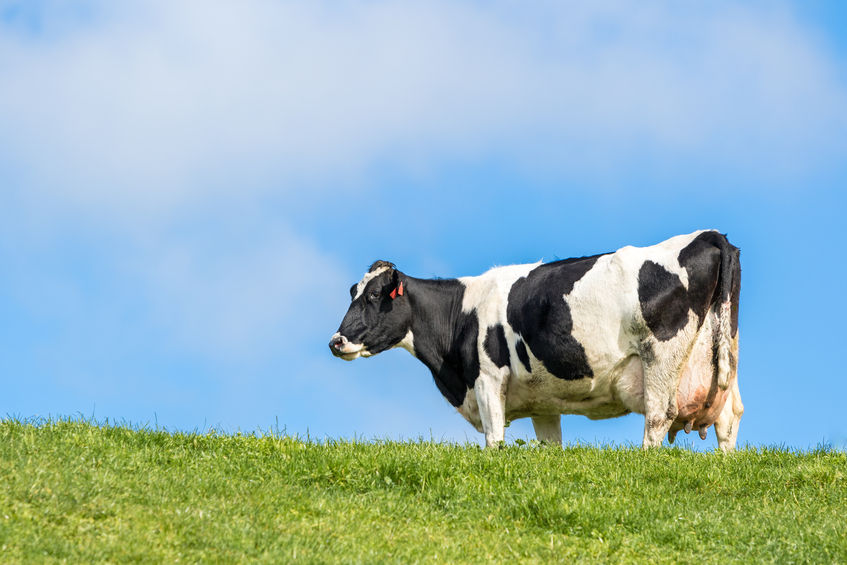
Recent research has highlighted the extent of deficiencies in the quality and quantity of dairy cow colostrum and the impact that has on immunity and performance in the new born calf.
Some 1,900 cows on farms in the UK, Germany and the Netherlands were included in the study conducted by ForFarmers, which showed that nearly 40 per cent of cows were producing less than three litres of colostrum at their first milking.
The study also revealed that twenty per cent of cows gave colostrum of poor quality (less than 50g immunoglobulins (Ig/l)), in that first milking.
The research went on to find that more than 35 per cent of the 1,500 calves in the study were receiving three litres or less of colostrum in their first feed.
With practical advice recommending 10% of the body weight of the calf (which could be up to four litres) of high quality colostrum being fed in that crucial first feed, this means that often neither quantity or quality goals are being met.
Delayed colostrum feeding times are also causing issues. The study showed that nearly 50 per cent of calves were receiving that crucial first feed of colostrum two to six hours after birth, and 10 per cent were receiving it after 6 hours after birth.
Later feeding of first colostrum means a higher risk of the failure of passive transfer of immunity.
By blood testing calves the research was also able to show the clear relationship between high levels of IgGs in first colostrum feed and high serum IgGs in the calf’s blood, demonstrating the connection between the two.
High growth potential
"This study puts firm figures to the depth of the problem we’re facing, and highlights the effect poor quality colostrum can have on calf immunity and subsequent performance," says ForFarmer Ruminant Product Manager, Nick Berni.
"Colostrum quality and yield are closely linked to the cow’s transition diet. The correct nutritional program for the last three to four weeks of the transition period boosts the number of antibodies in the calf’s blood and increases the immunity of the calf.
"A high growth potential can only be unlocked by a well developed and healthy calf with a fully functioning immune system, and a new born calf can only receive immunity through high quality colostrum fed in the right amount at the right time," he concludes.
